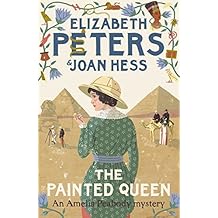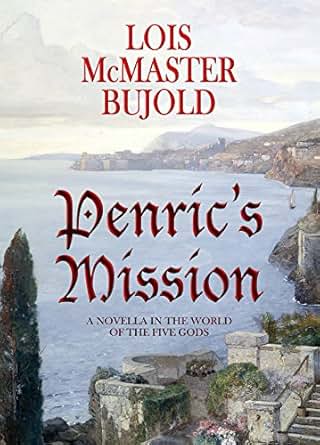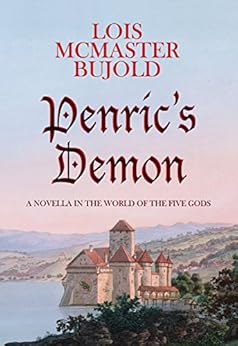It was a fairy tale, they said—a Riverside fairy tale. The fair maiden Tess needed a protector, and so the foreign princess had fought every pretender until she found the one Riverside swordsman who was honest and true. [loc 3991]Serialised fiction, like the renaissance of the novella, is one of those publishing trends that's increased in popularity with the rise of the e-reader. Personally I prefer my fiction in complete chunks, so -- after sampling the first 'episode' of this SerialBox series -- I held off until the complete 'first season' was available in a single volume. True, I missed out on cliffhangers and suspense: but I was rewarded by a long day's delightful reading.
Tremontaine is set in the world of Ellen Kushner's Swordspoint, The Privilege of the Sword and The Fall of the Kings -- all of which I now want to reread, but none of which is required reading for Tremontaine. In Tremontaine, Kushner's let other authors into her world to play, and the results are surprisingly seamless and unsurprisingly delightful.
I pitched this to a friend, before reading, as 'little or 0 heteronormativity' which is, it turns out, quite accurate. (There is some: but this is a society which is apparently free of homophobia, and there are a number of same-sex relationships, and at least one character I'd class as asexual.)
The plots revolve around William, Duke of Tremontaine; Rafe, a student at the university who's convinced the world is round and enlists Micah, a vegetable-selling mathematical prodigy, to help him prove it; Ixkaab, a trader-princess trying to live down an unfortunate misstep; Tess, an artist and forger; and their assorted families, friends, foes. But at the heart of it all is Diane, Duchess of Tremontaine, who sits at the centre of the web and spins. Here is a woman who is determined that Tremontaine will thrive: that aim underlies everything she does, and she does it all very capably. Though she is not the only clever, scheming individual herein.
Tremontaine is exquisitely mannerist, often very funny, utterly compelling. There are enough ongoing threads to make me eager for Season 2, and almost tempted to read Season 3 as each episode is published. A delight.
This is my thousandth post on this blog! I had no idea when I started this that it would become such a habit.
If you're reading, do drop me a comment ...






